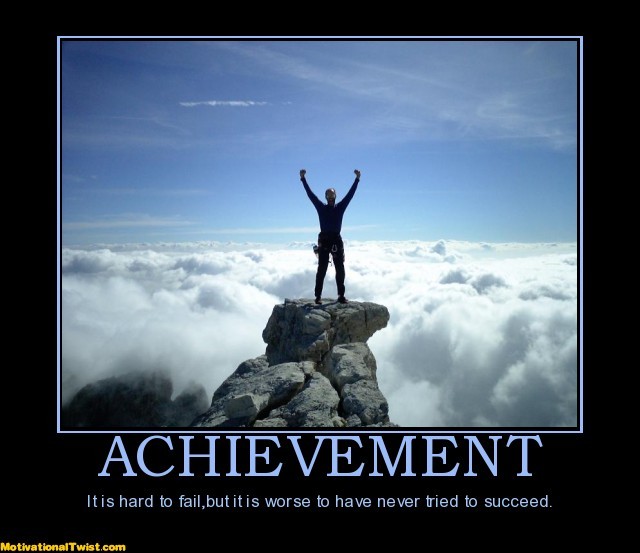How to Change Your Life – Part 4

Anyone is vulnerable! Image from dailymail.co.uk
“An emotion does not cause pain. Resistance or suppression of emotion causes pain.”
― Frederick Dodson
Emotional States and Life Change decision making
Don’t go shopping on an empty stomach! Makes sense really, doesn’t it! Your tummy will make you bring groceries home that only your present appetite would want.
So why deal with other issues, when your emotional state is not focussed where it needs to be?
One reality of Life Change events and periods is that your emotions will probably be a little turbulent. Especially if it was a sudden event and you didn’t choose it! If you were made redundant from a job you had been at for a long time, it is to be expected that you would be upset, possibly feel betrayed, hurt, abandoned and a host of other emotions. If it financially disadvantaged you, the emotions of fear and loss will be there also.

Emotional Turbulence – image from accuweather.com
Not a great frame of mind to start planning a new future, is it?
Understanding what goes on in your mind at times like these is the key to managing the emotions and turning them around to work for you. Being aware of your emotions is the first step in this management process!
I’m angry!
How often have you had something go wrong, and suddenly found yourself angry over it? Did you make the choice to be angry? Or did you just discover it happened? Mostly, we find out afterwards. However, it is possible to raise awareness to a level where we can see the emotional change coming, and then choose consciously, before it becomes too late, which emotion to feel, that will put us in the best position to deal with it.

Grrrr! Image from dianafit.com
We have seen sports people put their opponents off their game with ‘sledging’ or other emotional upset strategies, whose game then goes off and they lose the match. However, some players, in whatever sport, seem immune to this behaviour. Why is that?
These professionals have mastered their emotions. They are aware of the emotional upset games and are acutely aware of their emotions, and CHOOSE different emotional states to counter them!
A TV series some years ago explained this in a wonderful and funny way. “Herman’s Head” was about Herman and the four “sub-personalities” in his head, in charge of his four major emotional states. The four characters acting out Herman’s emotions each represented a different aspect of his personality and were very one dimensional. This is a very fair representation of what goes on, although we have many more than four sub-personalities! Remember the ‘shopping when hungry’ experience? How powerful but one dimensional is the pull of the appetite when shopping while ravenous! The fast food counter got a work-over, the BBQ chicken counter had us in from the start, but none of the laundry items made it home!

Herman’s Head TV Show – image from brainsandcareers.com
In a similar manner, when we are angry, we think of little else. When we are sad or depressed, our thinking is in a very narrow focus. However, by being aware of our emotional states and choosing differently, we could be in a much more productive frame of mind.
Rather than angry about losing that job, how about becoming creative and finding a brilliant new way of promoting how valuable you are to a new potential employer? Rather than becoming a Kamikaze Road Rage driver when cut off, how about choosing to be a responsible parent and keep the children sitting in the back seat safe and out of harm’s way? Rather than being depressed, how about being resourceful and choosing to see the future differently?
It’s all about changing that attitude.
The problem is that once it is upon you, it’s very hard to change. You need to catch it beforehand, and choose differently before you are overwhelmed by the new emotional upset.
How do we become aware of emotional states and upsets and changes before they happen?
One section of the Life Change 90 program does precisely this. You make a note of your emotional states each evening through a simple, 30 second process we show you. Over a short time, this makes being aware of your emotional state or changes natural, and you actually CAN see them coming.
There are other benefits of this awareness also. You learn the range of emotional states you have available within you, to call upon when needed. For example, for those terrified of public speaking, you could call on that part of your psyche that loved to show off, and actually enjoy getting up with a microphone. For those who feared the dark, you could call on that part of your psyche that loved exploring, and make an adventure of the night time! There are so many other examples, and each person will have their own to think about.
If you’d like to develop your emotional awareness as a strategy to deal with and even prevent emotional upset, Life Change 90 has this feature built into it, as part of a powerful suite of tools created specifically to enable you to deal with and manage life change events and times to your benefit. Download it now and start working on your own emotional states, get them working for you, instead of controlling your life for you.
Next section of this ‘How To Change Your Life’ series, we will look at Goalsetting, the thing that so many people are afraid of, yet they are actually doing it all day, every day! Goalsetting for your life change process is a little different to regular goalsetting, and you need to understand that difference!
Til next time, fair winds and full sails,
Ray Jamieson
“When our emotional health is in a bad state, so is our level of self-esteem. We have to slow down and deal with what is troubling us, so that we can enjoy the simple joy of being happy and at peace with ourselves.” ― Jess C. Scott
Related posts:
How to change your life – part 3 – Self Discipline
















